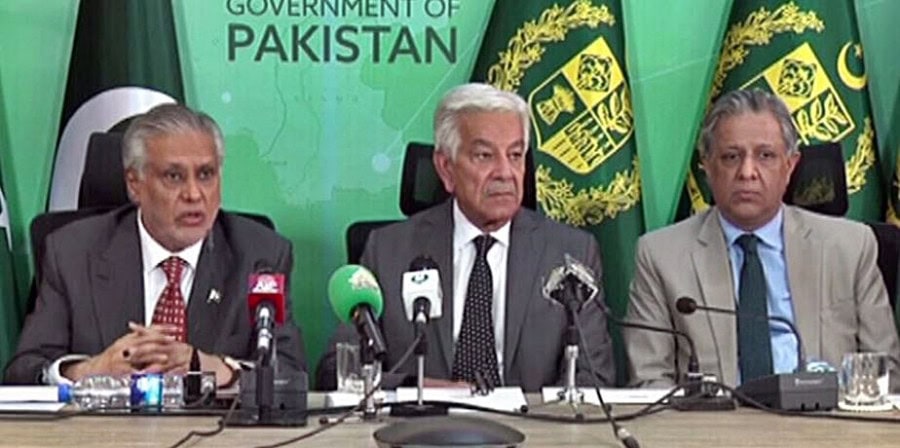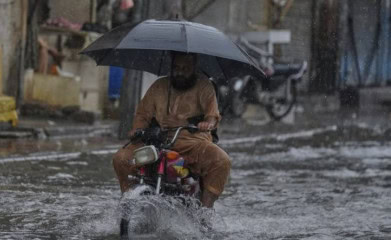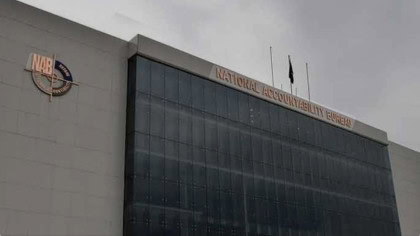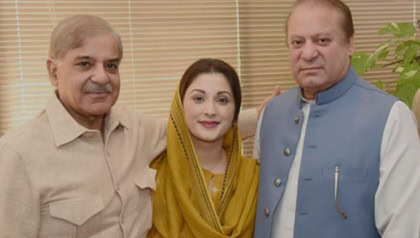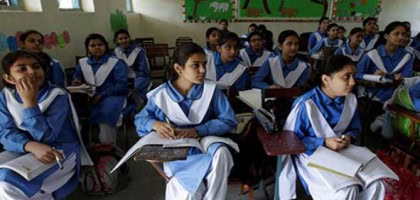ISLAMABAD – In rapidly escalating diplomatic row, Pakistan warned India that any unilateral suspension of the Indus Waters Treaty (IWT) will force Islamabad to reassess the 1972 Shimla Agreement, a critical framework that governs bilateral relations between the two nuclear-armed neighbors.
The statement came from Pakistan’s Deputy Prime Minister Ishaq Dar in post-National Security Council (NSC) press conference, where he condemned India’s actions as a direct violation of established international norms.
Senior federal ministers strongly criticized India for its decision to suspend the IWT, labeling the move as “provocative” and “unilateral.” They also blamed Pakistan for the recent violence in Kashmir, calling it a “false flag operation” aimed at stoking tensions between the two countries.
Islamabad claims that India’s allegations regarding the involvement of Pakistani elements in the attack that killed 26 tourists in Indian-administered Kashmir are unfounded.
India has responded to the attack by suspending the IWT, downgrading diplomatic ties, and tightening its security measures. In an address to the nation, Prime Minister Narendra Modi vowed to track down the attackers “to the ends of the Earth,” signaling India’s resolve to retaliate. Modi’s comments have already heightened the war of words, further deepening the divide between the two countries.
Pakistan, in retaliation, has taken swift action, suspending its trade ties and bilateral agreements with India. The government has also shut down the Wahgah Border, a major trade gateway between the two countries, and closed its airspace to all Indian-owned or operated airlines. The move has disrupted not only trade but also travel and diplomatic communication, sending ripples across the region.
In a move that signals a further deterioration of ties, India has suspended the Pakistani government’s official X (formerly Twitter) account in India, citing a violation of platform rules. Meanwhile, reports from Kashmiri students studying in Indian universities indicate rising harassment and attacks, exacerbating fears of growing anti-Pakistan sentiment in the region.
Pakistani leaders have fiercely rebuffed India’s claims, calling them an attempt to justify unilateral actions that would destabilize the region. Senior officials have characterized India’s attempt to restrict water flow through the IWT as “an act of war” and warned of severe consequences if such actions are taken.
The crisis has sparked concerns among international observers who fear that the suspension of the IWT could have catastrophic implications for the already fragile relationship between India and Pakistan. With the Shimla Agreement now under threat, many worry that this could set the stage for an unprecedented breakdown in bilateral talks and cooperation.
‘Border closed, Diplomats out, Airspace sealed’: Pakistan reacts strongly to Modi govt’s provocation

